Islamic Revolution sowed political seeds, created anti-hegemonic discourse
By: Xavier Villar
The triumphant return of Imam Khomeini to Iran on February 1, 1979, after 15 years in exile, marked the glorious victory of the Islamic Revolution. It’s been 44 years this week since that epoch-making event.
It is important to look beyond the fall of the West-backed Pahlavi dynasty in order to understand the complete political significance of the great revolution led by Imam Khomeini.
The Islamic Revolution was, above all, a movement against the Eurocentric paradigm, a political movement that displaced the orientalist framework and its vision of Muslims as beings without agency.
The anti-Eurocentrism of the 1979 revolution can be seen in attempts by the new government in Tehran to dismantle the influence of the West within Iranian society.
We can say, in other words, that the Western ideology, politically embodied by the Shah, was seen by the large majority of Iranians, as a political zombie. A discourse that had and has no takers.
We can describe the Islamic Revolution as the first revolution that didn't follow Western grammar, and because of this, Western scholars and pundits didn’t see it coming.
The best example of this is the book written by Fred Halliday on the eve of the revolution. The author predicted a number of outcomes for Iran, including military rule, continued monarchy, and even a socialist republic, but failed to mention the possibility of an Islamic government.
That the possibility of an Islamic revolution wasn't even mentioned can help us understand why the West can't see Islam through a political prism. In other words, the possibility of using Islamic grammar as an emancipatory tool was, and still is, unthinkable for the West.
The Islamic Revolution was a process, a political process, which created the Islamic identity, an identity rooted in a long tradition of anti-colonial resistance. This identity has nothing to do with the Western grammar of Marxism or national liberation.
Thanks to this alternative grammar, the revolution was able to give an answer to the Muslim question: How Muslims can live politically in the present world?
The main success of the revolution was the decentring of the West in epistemic terms. This decentring allowed the formation of different ways of being in the world. These alternative political ways were repressed by the hegemonic powers in the West, and by the figure of the human-as-Westerner.
Imam Khomeini-led revolution opened up the political field and with it also the future for Muslims. Muslims could see themselves in the future, in a political sense, because they are active subjects vested with the agency.
The revolution came to represent a critique of the West as universal grammar. It was not, however, a point-by-point rebuttal of the Western ideology, but imagined a post-Western horizon, a horizon where Muslims could live as Muslims.
This post-Western horizon means that Muslims have the capacity to decolonize themselves and realign their societies within Islamic history. We cannot understand this decolonization in national terms.
In fact, the revolution, following the precepts set by Imam Khomeini, articulated a Muslim political identity that went beyond national and sectarian identifications.
Decolonization was not simply the act of freeing Iran from indirect colonial rule, but also of dismantling the global colonial order.
The revolution was able to dislocate the identification between the West and the universal. The West was revealed as nothing but a contingent moment, no longer a necessary one.
Muslims can be political and they can act in a political way, without trying to graft themselves onto Western history. Western grammar can't fill the whole political field. That lack of fullness means that politics can be expressed in a different language and a different way of being human.
It also means that the hegemonic discourse is in reality nothing but just one articulation, not the final one.
The Islamic Revolution and the Islamic Republic can be viewed as "loudspeakers" for the Ummah. An Ummah that before 1979 was in a state that we can describe as "political homelessness".
Muslim unity, an idea that was at the root of the revolution, explains why the Islamic Republic functions as a political home for the Ummah today. A great Islamicate power that defends the whole political community against the threats posed by the West.
We are here talking about an Ummatic project, which tries to be inclusive. A great Islamicate power has to be inclusive because this political home for Muslims cannot speak with a national-sectarian voice.
This is another relevant feature of both the revolution and the Islamic Republic. A 'post-mazhabi' vision. A vision that wants to build a Muslim identity regardless of national or sectarian borders.
We need to keep in mind that the nation-state has a colonial genealogy. A genealogy that blocks the attempts to identify Islam as the nodal point of political identity.
The Ummatic and the 'post-mazhabi' vision are lost when we analyze the revolution from a secular perspective. The secular is not just the absence of religion or the exclusion of religion from public space. Secularism is a normative project, one that builds its own limits.
It’s neither natural nor the culmination of some sort of historical process. It's a disciplining tool, a political modality that sanctions some political sensibilities and thoughts and at the same time excludes other possibilities.
Secularism is also a racializing tool. Through it, some populations or groups are categorized as "extremists" while others are seen as "moderates".
The revolution stopped that racializing process. The openness of the political field also meant that the political and the secular were disarticulated.
An example of this is, for example, the emergence of resistance movements like Hezbollah (Lebanon) or Hamas (Palestine), movements that don't follow the Western language in their political articulations. The presence of these movements as well as the existence of the Islamic Republic shows that 'political' was re-articulated around Islamic grammar.
The successful event created an anti-hegemonic movement that projects itself into the future. The Axis of Resistance is the best example of the political seeds sown by the Islamic Revolution in 1979.
To understand the Islamic Revolution, we need to understand the rejection of Western grammar, and how this rejection, along with the decentring of the West, facilitated the development of a political vision that didn't follow the horizontal, hierarchical relationships promoted by the West.
The real success of the 1979 revolution led from the front by Imam Khomeini was that the Islamic language became the political language of choice in the Muslim world.
Xavier Villar is a Ph.D. in Islamic Studies and researcher who divides his time between Spain and Iran.
(The views expressed in this article are the author's own and do not necessarily reflect those of Press TV
UN chief condemns new Israeli annexation project in occupied West Bank
Araghchi briefs foreign ministers of Turkey, Egypt and S. Arabia on US talks
JD Vance’s Caucasus trip deepens concerns over sovereignty, security and US meddling
VIDEO | Press TV's news headlines
Thousands rally in Australia against Israeli president's visit as police use pepper spray
Child among four killed as Israel attacks southern Lebanon in ceasefire breach
Russia vows ‘all possible assistance’ to Cuba as US squeezes oil supplies
Hezbollah leader: Israel‑US aggression is Lebanon’s main challenge


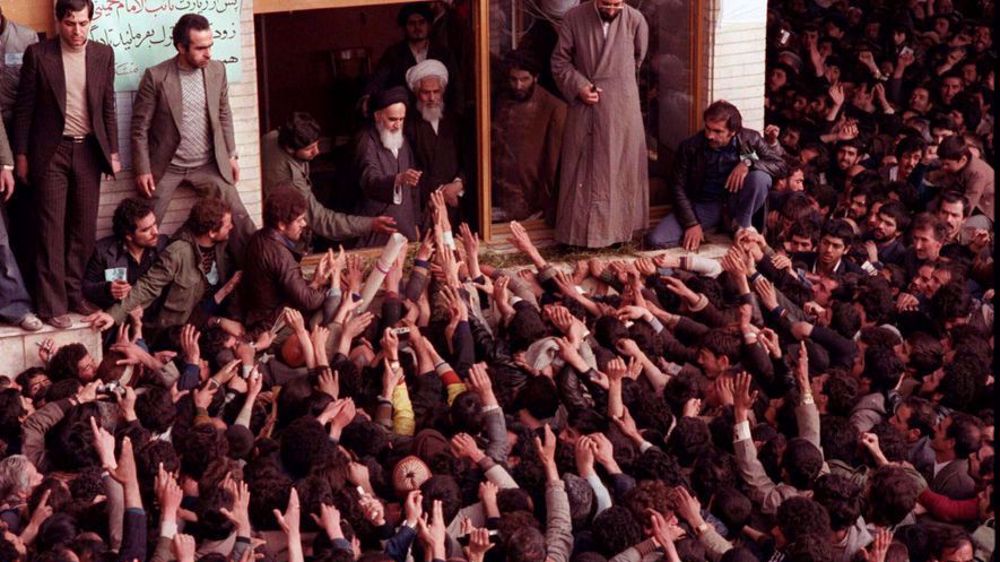
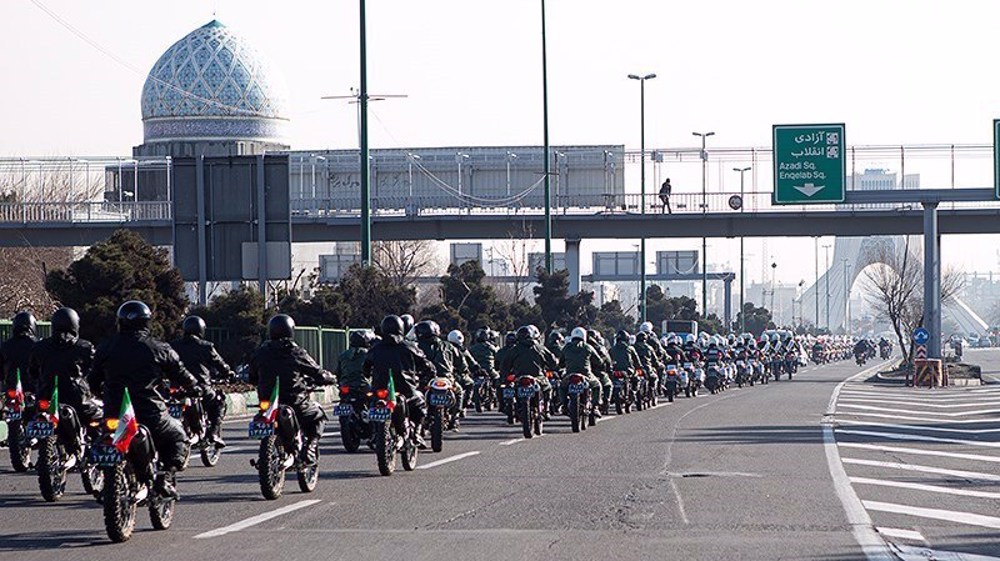
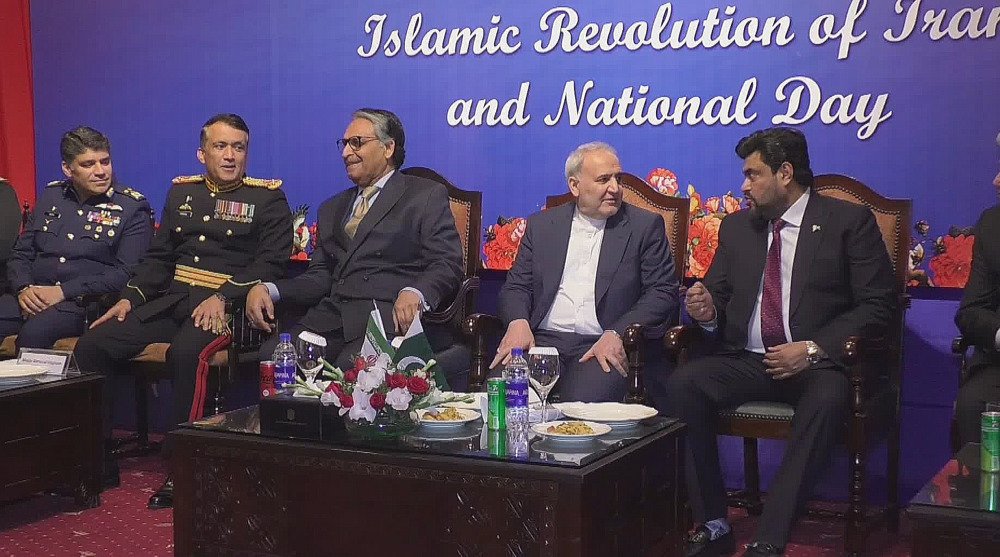
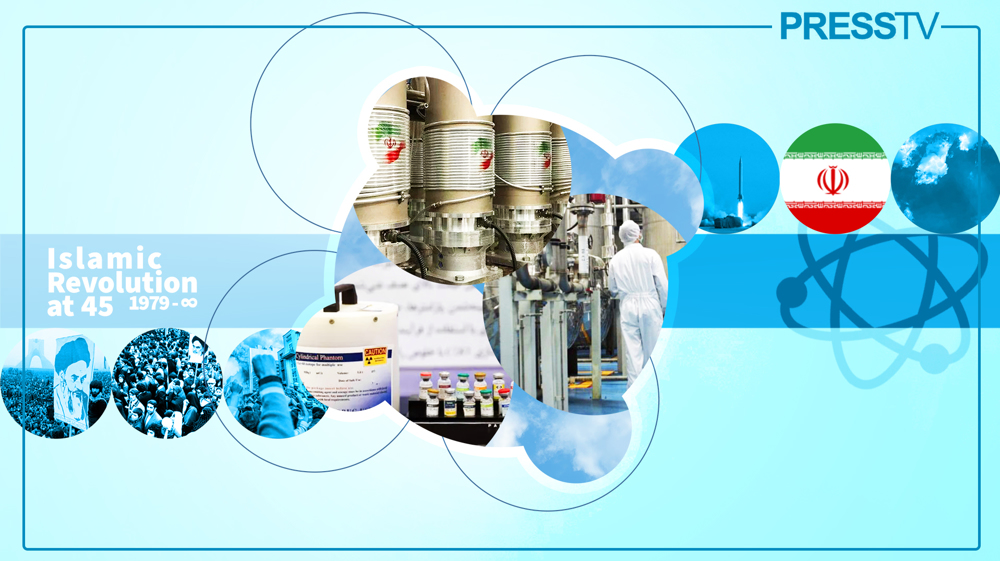



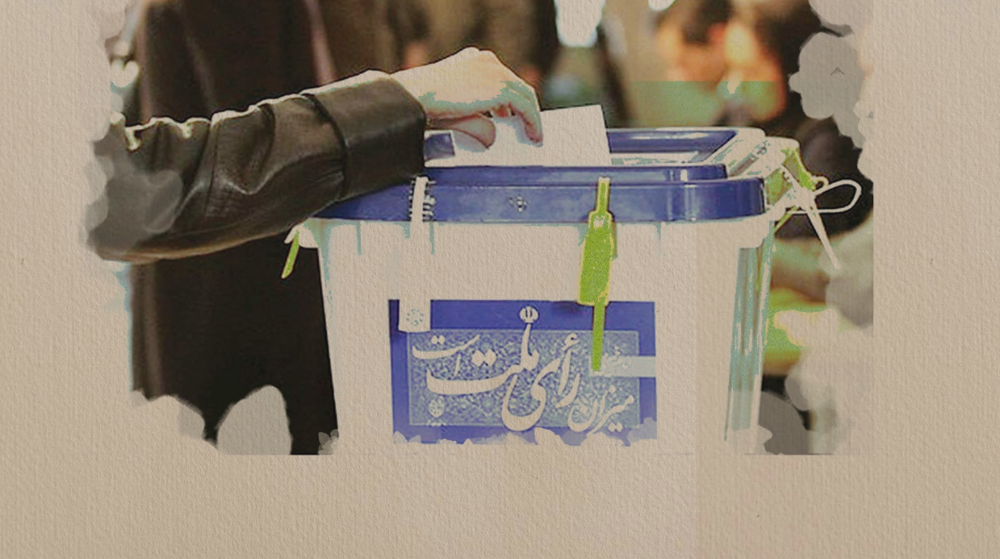
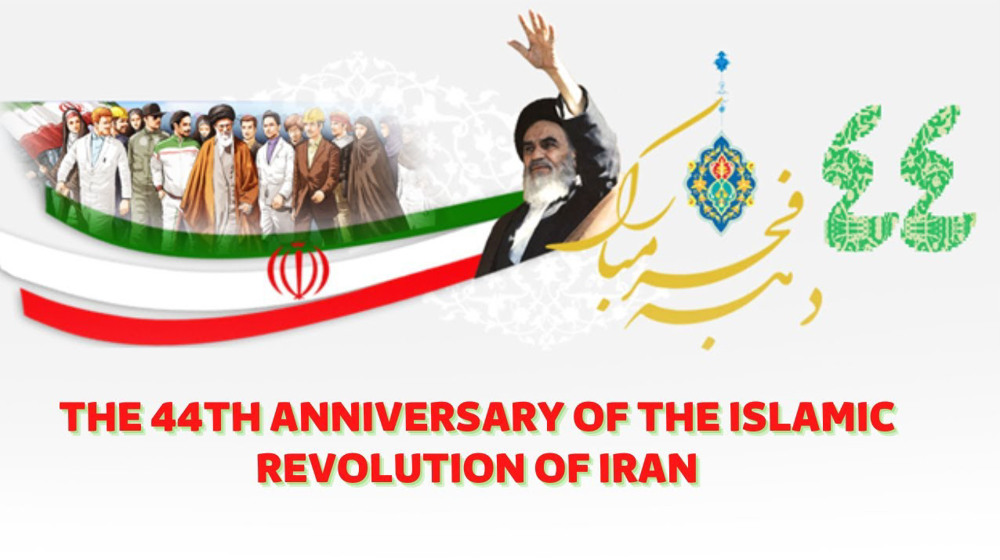
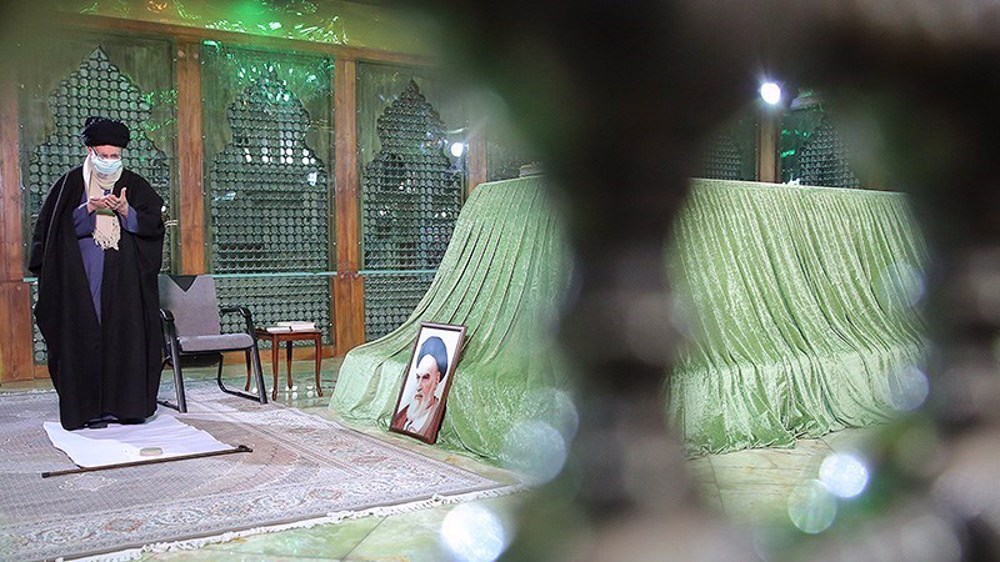
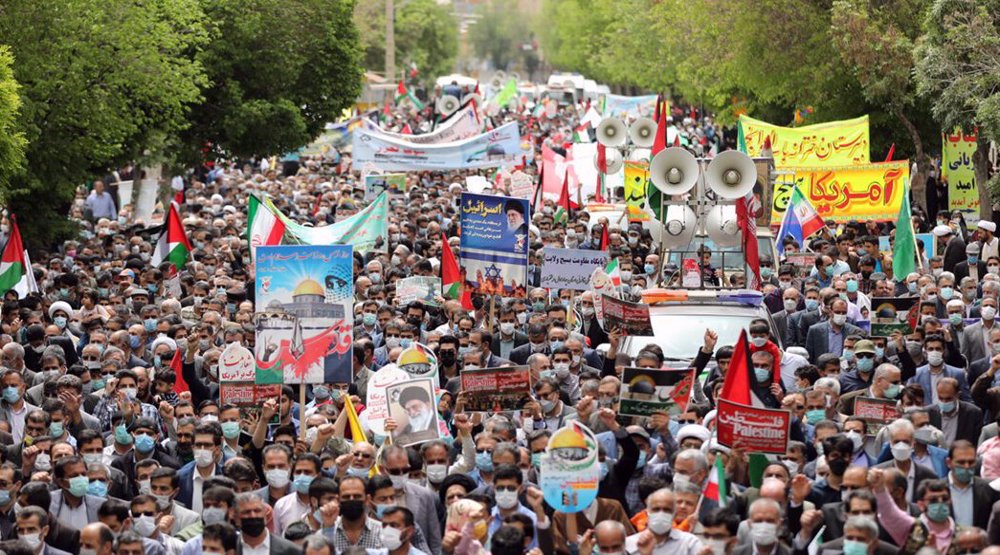
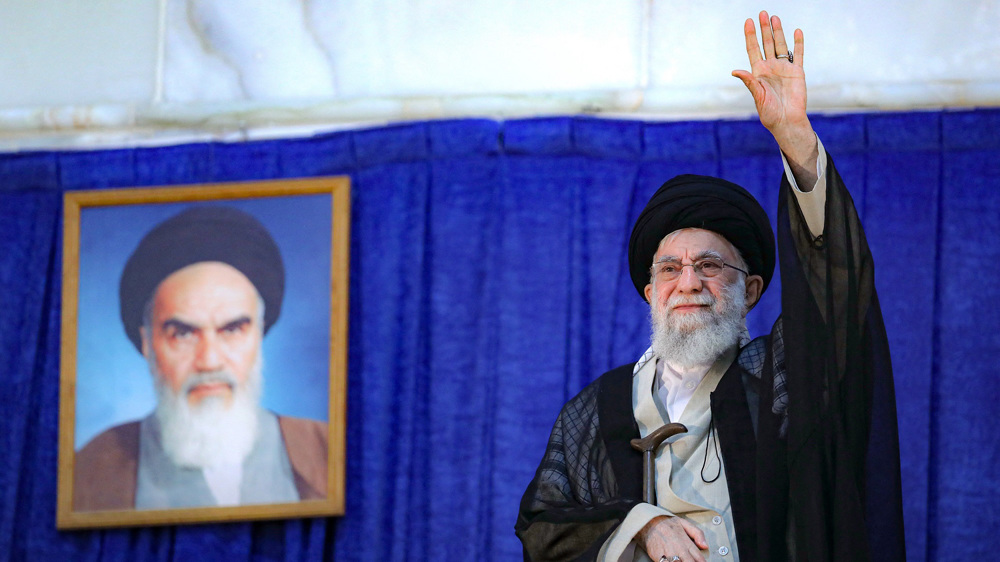

 This makes it easy to access the Press TV website
This makes it easy to access the Press TV website